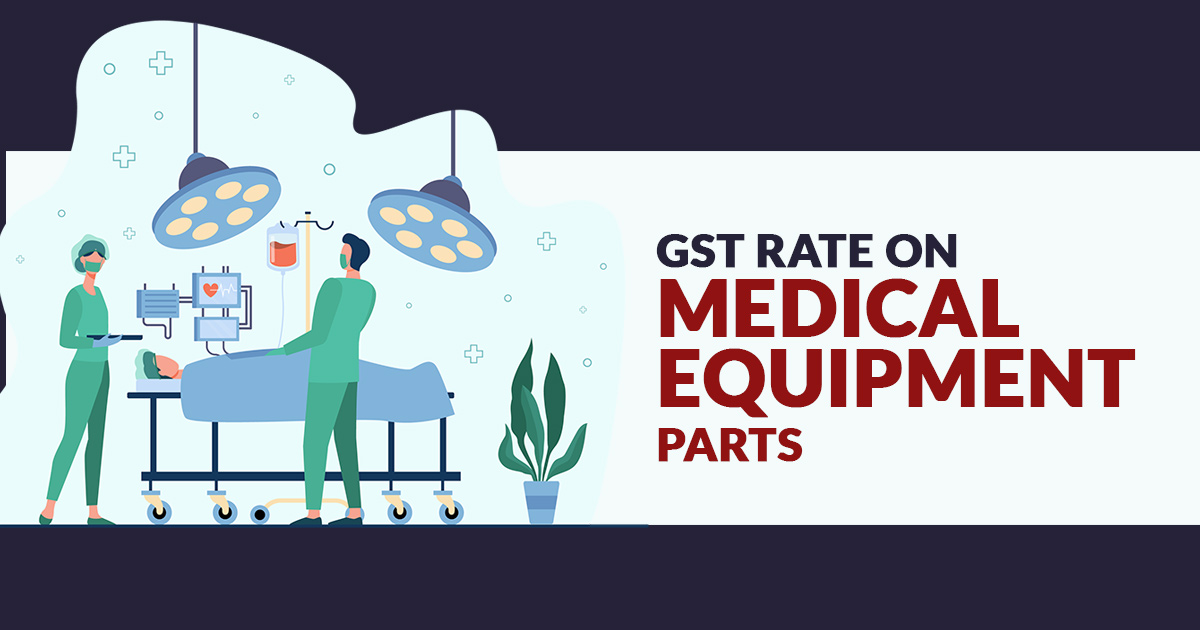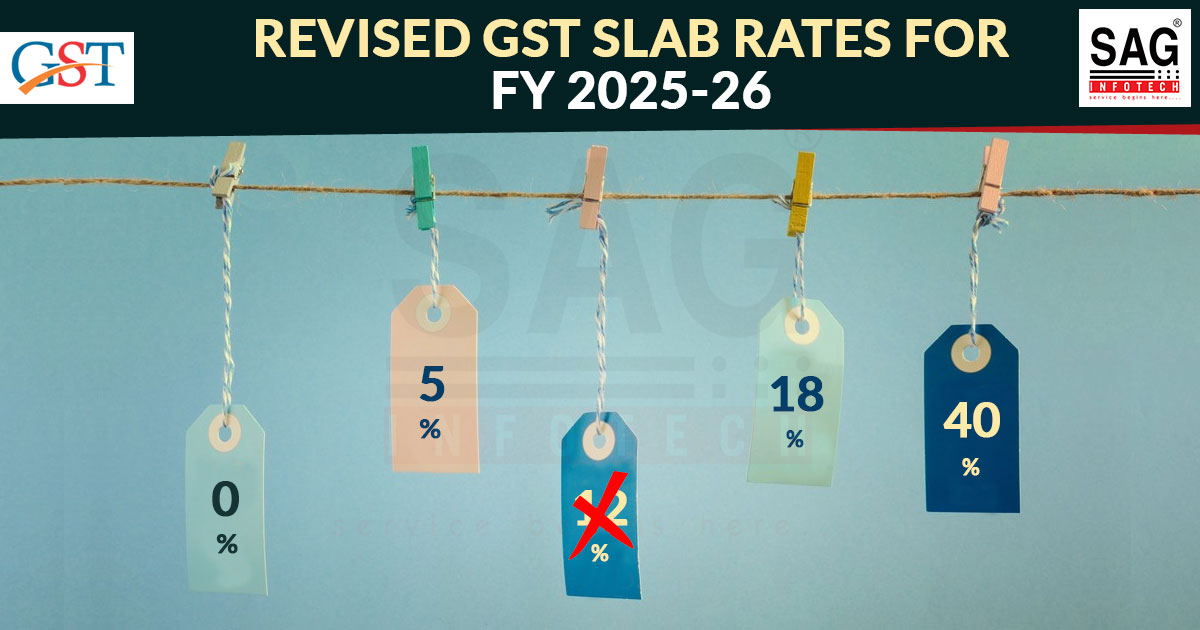The importance of the general state of health care scheme and programs along with the overall medical infrastructure across the country which came to realize is in the year 2020. All across the world several research and development for the field of medicine and medical equipment have been put down for testing.

It is not only the technology of medicine that probes the effectiveness of health care platforms. The government’s scheme in and all through the advancement gives effective indications of the country’s health care infrastructure. The tax authorities for the medicine and the medical equipment possess major objectives of these buildings of the scheme.
The less rates of GST 
Circular No. 113/32/2019-GST (Circular) proceeded in October 2019 emerged for the purpose to position the GST Slabs of the medical devices with the parts of the medical devices. In the major concern, all the equipment of medical stuff comes beneath HSN (Harmonised System of Nomenclature, an internally acknowledged product coding system) 9018, 9019, 9021, and 9022 with a GST rate of 12%.
With the big duty of 18%, the parts and the accessories of the medical equipment come beneath HSN 9033. This circular states that 12% IGST will be implicated on every part and accessory which is entitled to the deemed usage or particularly with a medical device come beneath headings 9018, 9019, 9021, or 9022 in terms of chapter note 2(b).
Read Also:- GST Impact on Healthcare Industry in India 
It gives an indication that the parts of that medical equipment which was divided beneath the mentioned authority will be classified before these very authorities and draws a weaker rate of tax with respect o a higher rate of 18%. There is no purpose of the government to notify the circular can not be probed however an issue rises that did the wanted outcomes be achieved by the circular?
This clarity is just for beneath GST through no similar declaration towards the customs. It signifies that the importers will still order the “parts” under 9033 however the sale inside the country will be gone beneath 9018, 9019, 9021, or 9022. Instead of amending the classification in the circular, the rates have been simply diminished by the government. Moreover, the parts besides HSN 9033 might not be relevant to the medical equipment which is stated under 9018, 9019, or 9021 and so attract the greater tax of 18%.
The higher rates on these parts made a reverse tax platform if so the final product still draws less rates when manufactured in India. However, the medical devices market in India holds it for components or last products, draws numerous rates varying from 5%, 12%, to 18%. The constancy in these rates will move a longer path in carrying down the agreement complexity indeed.








